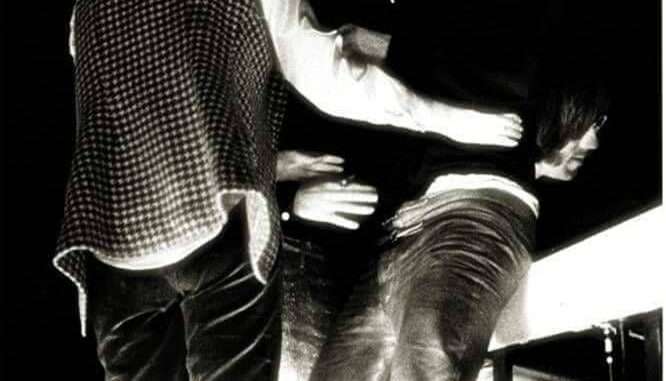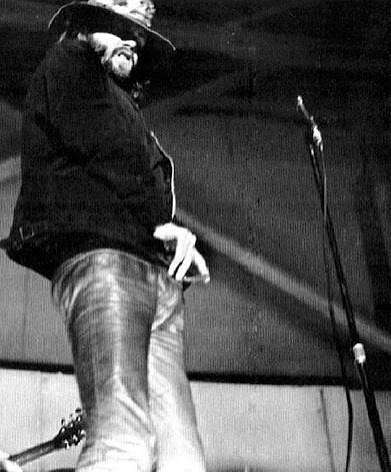
Few frontmen in rock history have embodied rebellion and unpredictability quite like **Jim Morrison** of **The Doors**. Known for his poetic lyrics, magnetic presence, and reckless edge, Morrison blurred the line between performer and provocateur — and one of the most notorious examples of his onstage unpredictability came during a 1970 concert in **Boston**, when he shocked the crowd with a moment that has since become rock ‘n’ roll legend.
The night began like many other Doors concerts of the era: with Morrison leading the crowd through waves of hypnotic intensity, his deep voice weaving through the psychedelic haze of the band’s performance. But as the night wore on, alcohol and adrenaline took over. In front of a packed Boston Arena, Morrison’s performance spiraled into something far more chaotic — and unforgettable.
At one point during the set, Morrison turned to the audience and shouted the now-infamous line:
> “Would you like to see my genitals?”
The crowd, a mix of shock, laughter, and disbelief, erupted as Morrison appeared ready to follow through with his outrageous offer. Before things went too far, **Ray Manzarek**, the band’s keyboardist and Morrison’s closest friend in the group, quickly intervened. Manzarek reportedly rushed across the stage, grabbing Morrison and pulling him away before he could escalate the situation further.
That impulsive outburst in Boston wasn’t an isolated moment — it was emblematic of Morrison’s erratic and often self-destructive behavior during The Doors’ later years. His onstage persona had grown increasingly unpredictable, fueled by heavy drinking and his growing disdain for the commercial pressures of fame.
The Boston concert took place just months after the infamous **Miami incident** in 1969, where Morrison was accused of exposing himself on stage — a charge that led to his arrest and a highly publicized obscenity trial. Although the details of that Miami show remain disputed to this day, the event had cast a long shadow over Morrison’s career. When he made his provocative remark in Boston, the memory of Miami still hung in the air, amplifying the controversy.
**Ray Manzarek** later recalled moments like this as proof of Morrison’s volatile genius — a man torn between poetic expression and personal chaos. “Jim wasn’t trying to be obscene,” Manzarek once explained. “He was trying to wake people up, to make them feel something real in the middle of all the pretense.”
For Morrison, provocation was both an art form and a statement. His performances were about breaking boundaries — social, artistic, and moral. But in doing so, he often tested the patience of his bandmates, promoters, and law enforcement alike. The Boston show, which eventually had to be cut short after Morrison’s behavior became too erratic, symbolized both the height of his charisma and the depth of his turmoil.
In the aftermath, the incident became yet another chapter in the mythology surrounding Jim Morrison — the poet, the rebel, and the self-destructive rock star whose brilliance often teetered on the edge of madness. Within a year, The Doors would perform their final concert with Morrison in New Orleans, and only months later, he would leave for Paris, where his life ended tragically in 1971 at the age of 27.
 Still, decades later, the Boston moment remains a vivid example of why Morrison continues to fascinate music fans and historians alike. It wasn’t just shock value; it was the unpredictable intersection of art, ego, and rebellion that made him unforgettable.
Still, decades later, the Boston moment remains a vivid example of why Morrison continues to fascinate music fans and historians alike. It wasn’t just shock value; it was the unpredictable intersection of art, ego, and rebellion that made him unforgettable.
For some, that night in Boston was a scandal. For others, it was Jim Morrison being Jim Morrison — an artist refusing to play it safe, even when the cost was his own downfall.
Leave a Reply